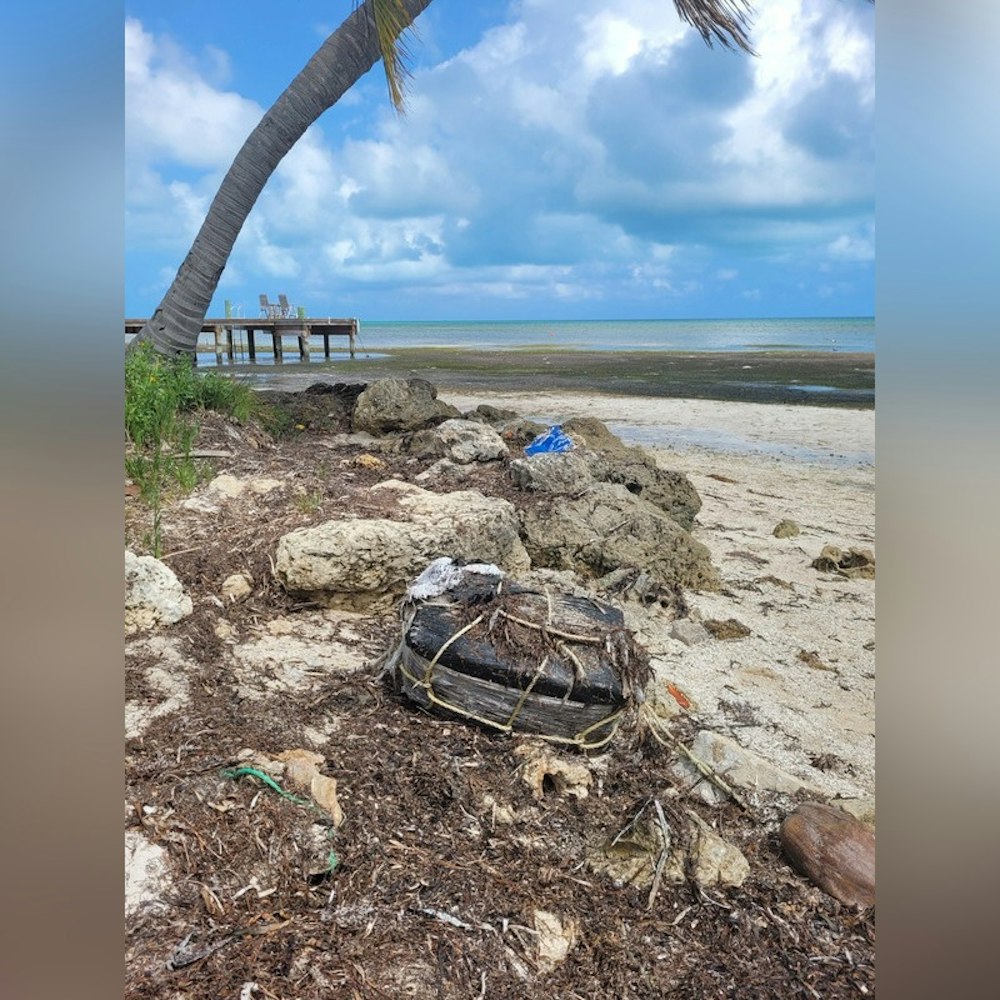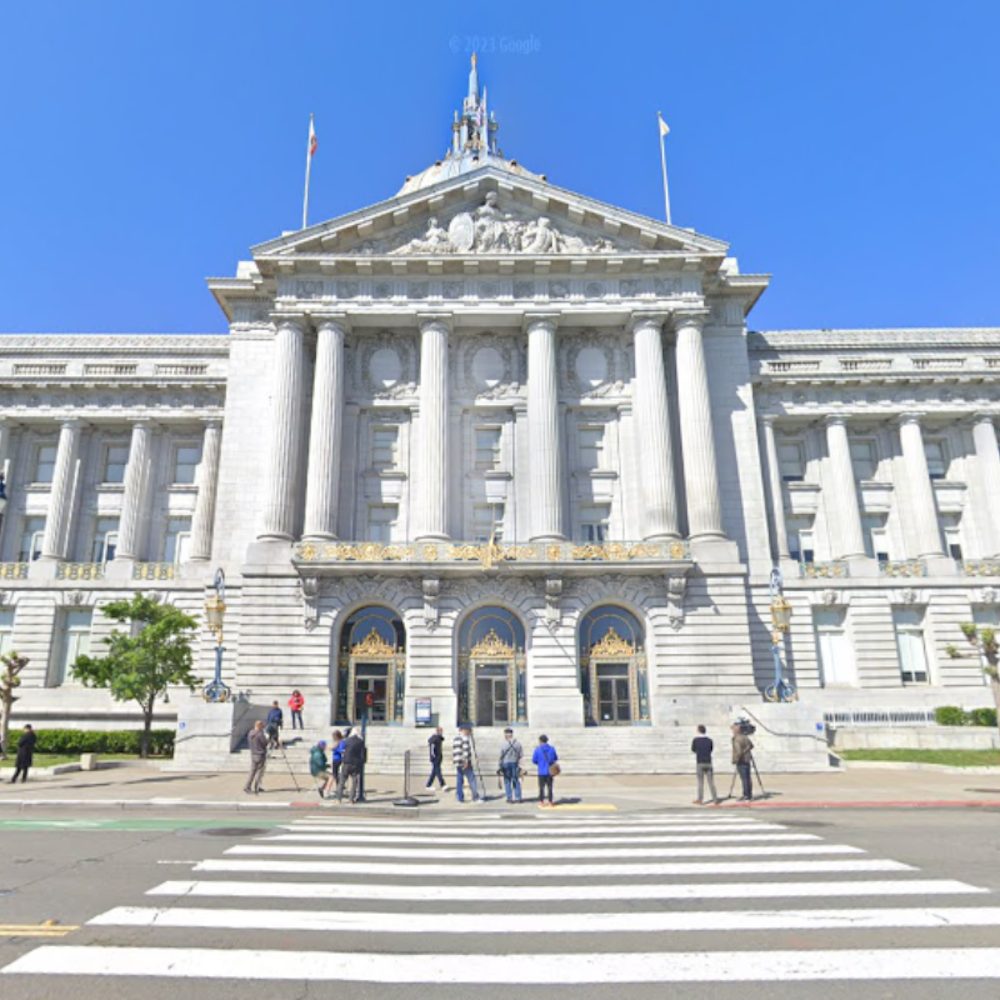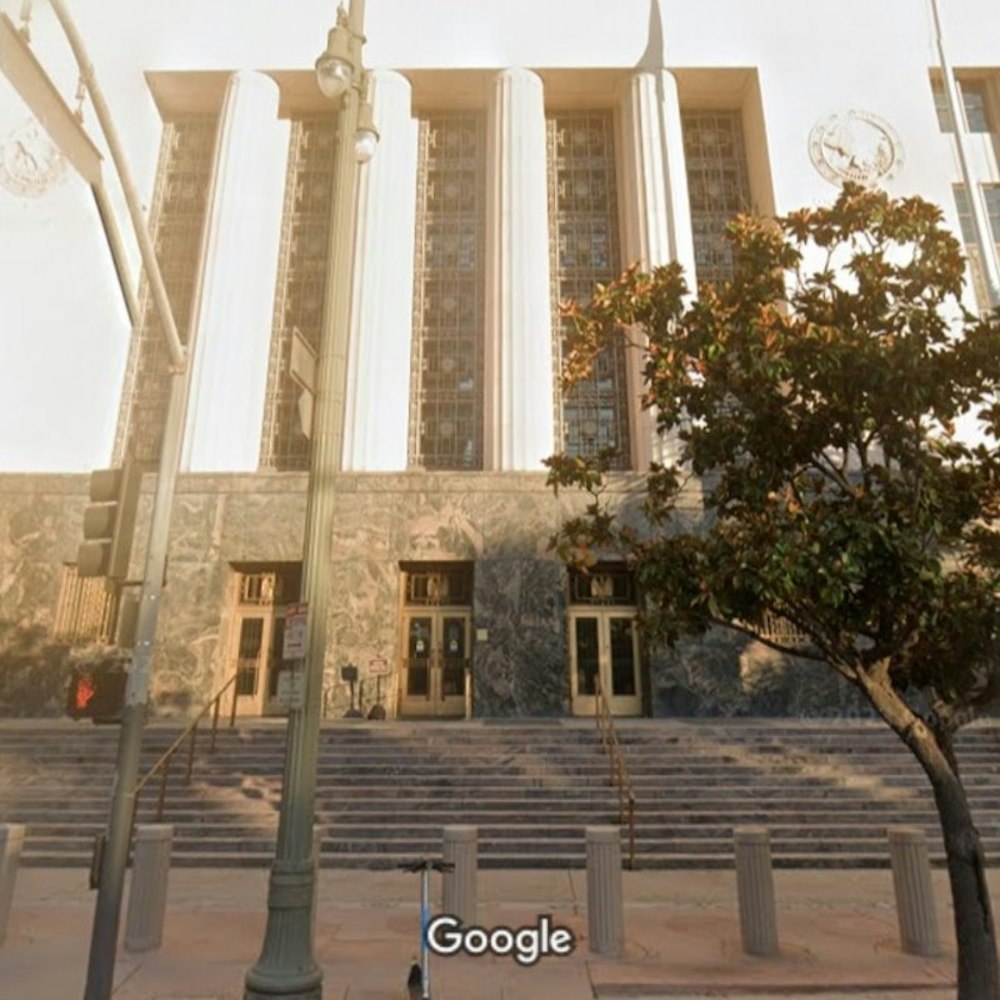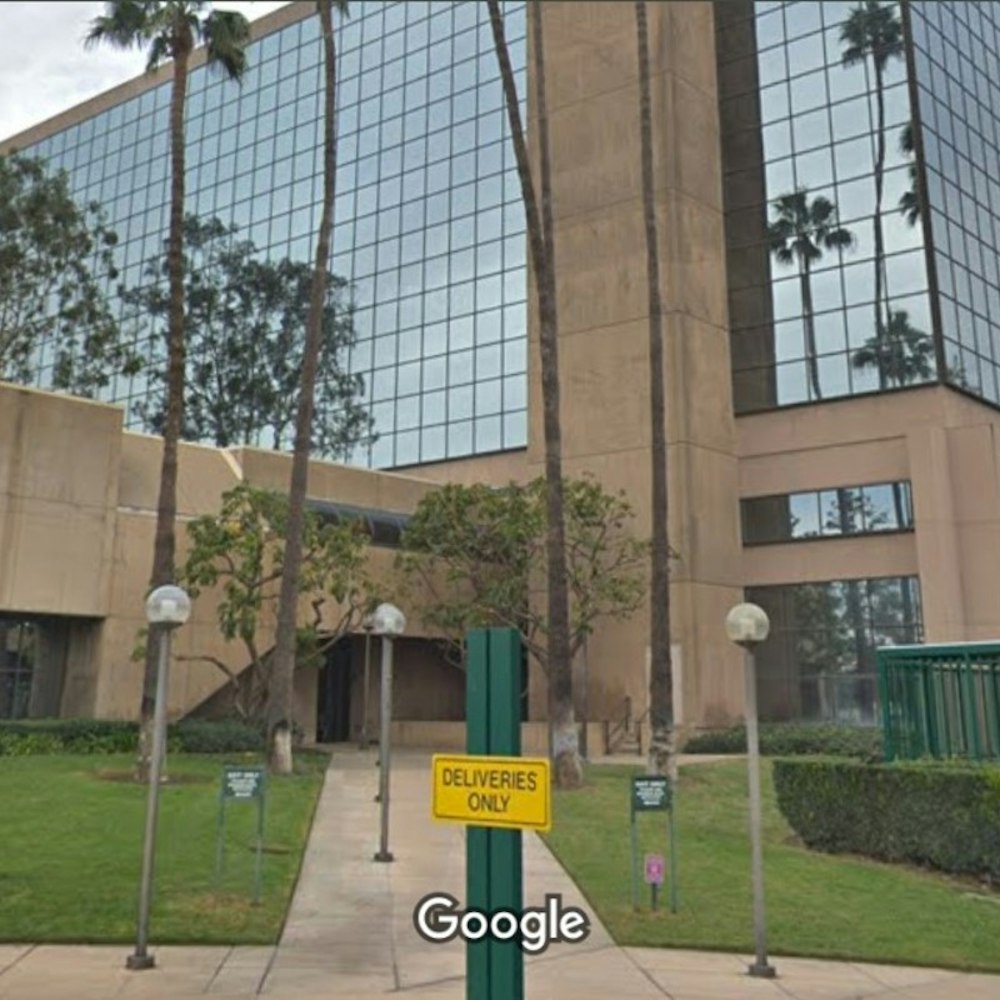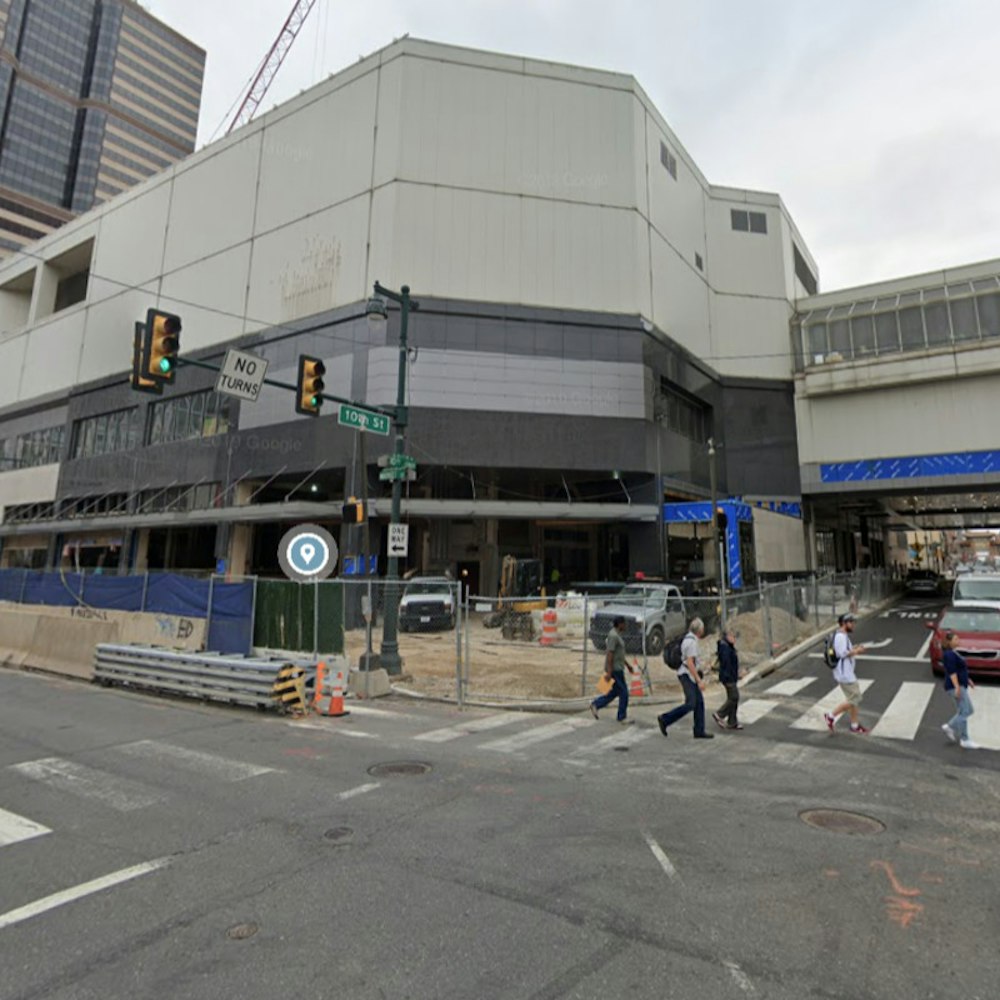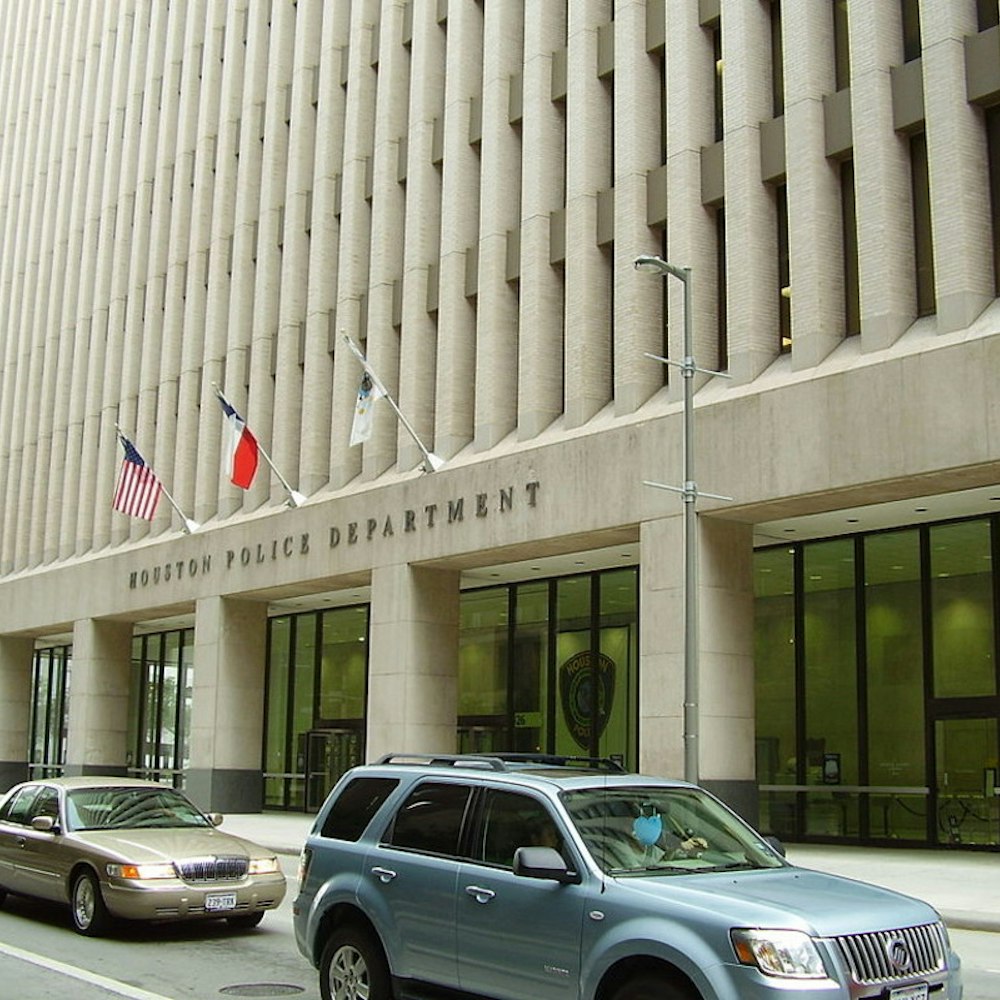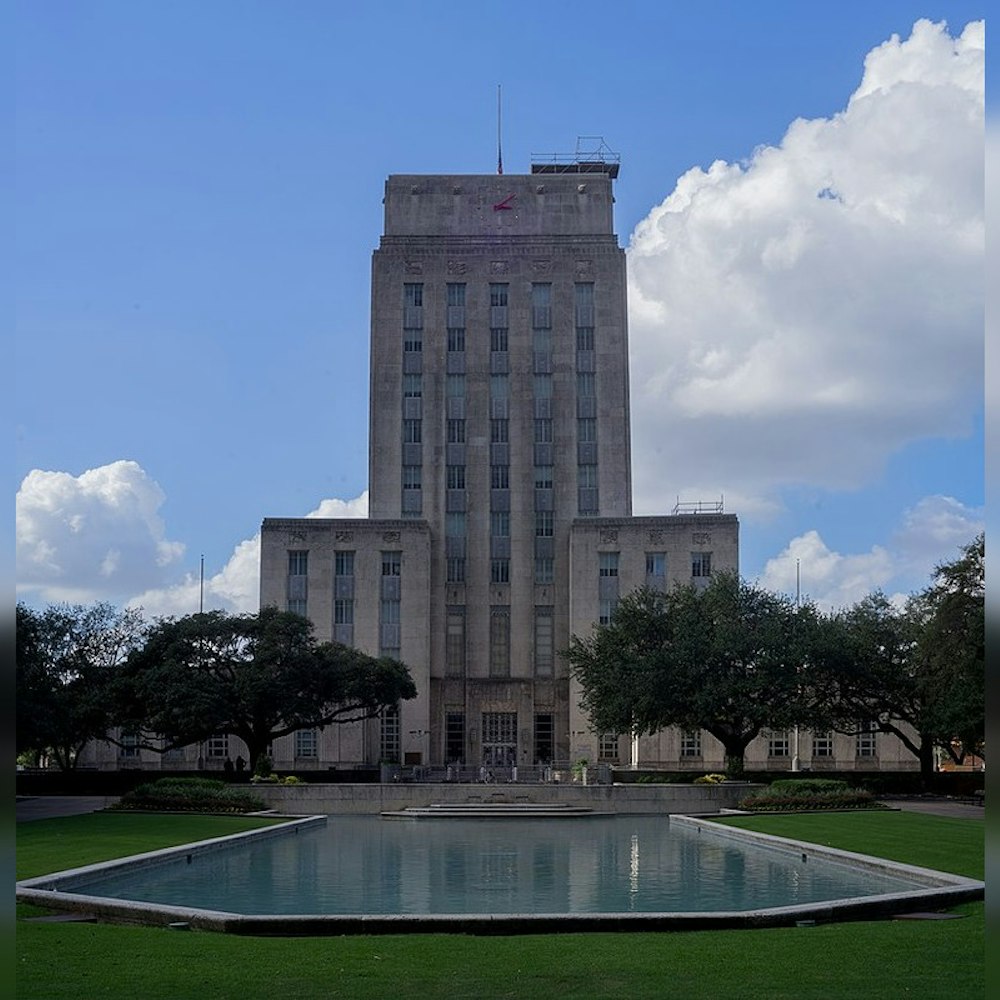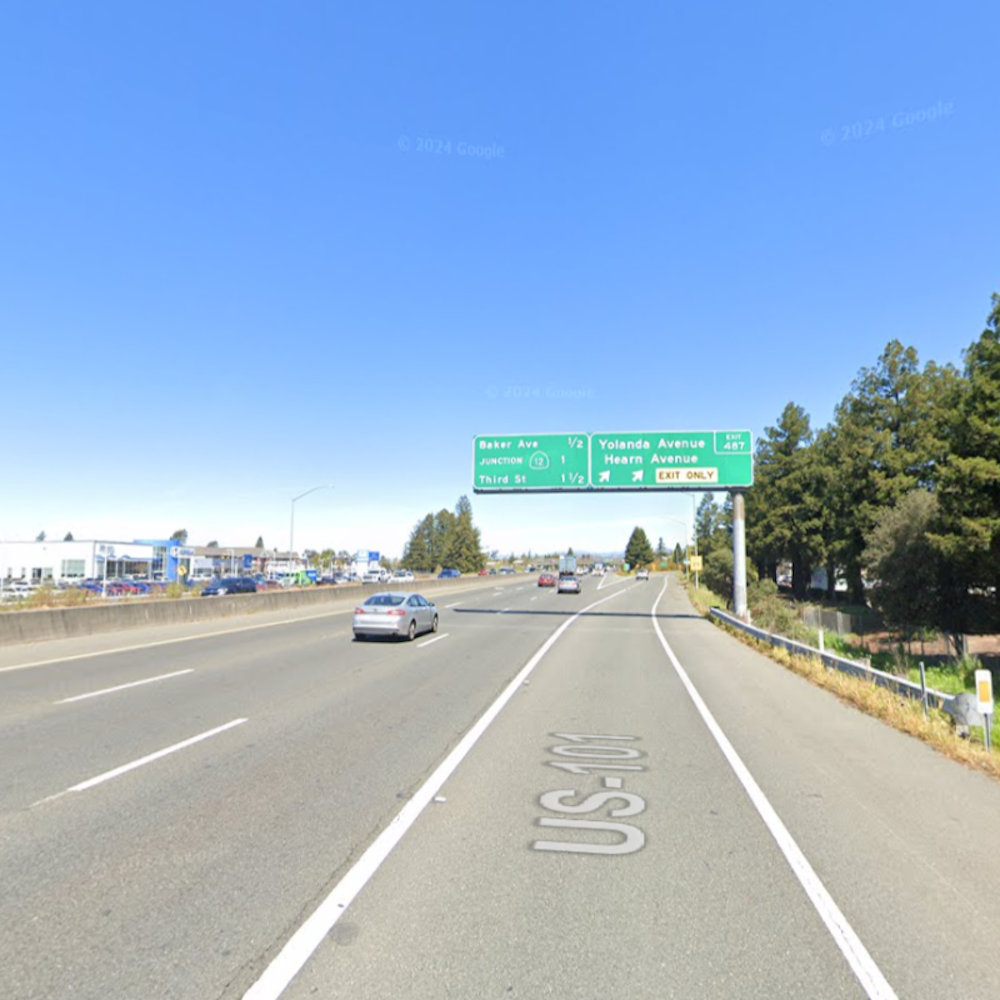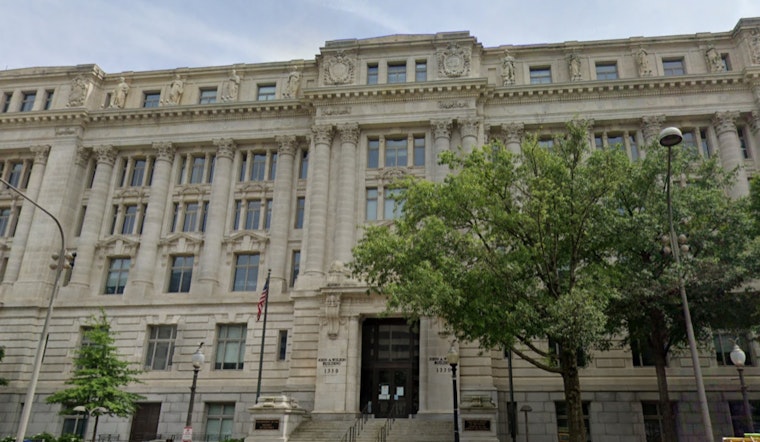
In a significant move impacting the wallets of dining patrons across the capital, the D.C. Council has passed legislation imposing a limit on restaurant service charges. As of yesterday, these charges may no longer exceed 20%, according to a report by Bizjournals.com. This regulatory cap is set to untangle the knotty issue of surcharges that has lingered since the approval of Initiative 82, which aimed to incrementally increase wages for tipped restaurant workers.
Discontent has been stewing amongst consumers who've been slapped with a range of extra fees, some hidden in the miniscule fine print of their bills. A variety of creatively named surcharges from an array of eateries have included titles such as a "2.5% environmental surcharge" and a "5% restaurant recovery charge," leaving customers with a sense of bill shock. In an effort to curb deceptive practices, D.C. Attorney General Brian Schwalb fired off a consumer alert last March, warning against the sly inclusion of these fees. Meanwhile, an amendment passed with a slim 7-6 majority ensures that, going forward, if a service fee is applied, it must be clearly disclosed to customers, according to WUSA9.
Adding a layer of legal armor, the newly approved measure secures restaurants from lawsuit landmines as long as they transparently advertise any service charges on customer bills. This shield from legal challenges comes on the heels of a lawsuit launched against Clyde's Restaurant Group, highlighting the risky waters restaurants navigate when tacking on extra costs. By mandating clear communication, the D.C. Council aims to dismantle the confusion and strife between patrons and businesses that have been simmering since the initiative took effect.
The broader bill also sweetens the pot for restaurant owners by lowering liquor liability insurance premiums and establishing fair practices in food delivery service operations. It avoids making any alterations to the timeline of Initiative 82, meaning tipped minimum wages will rise to $10 in July as planned. "The hot topic of service charges 'took on a life of its own,'" Council member Kenyan McDuffie was quoted in a piece by Axios, alluding to the extensive debate over the issue. Yet the bill itself doesn't directly regulate the charges but simply seeks to insulate proprietors from the threat of litigation.
As the District's restaurant scene looks forward to a modicum of stability aided by these legislative measures, the cap on service charges clarifies the cost of dining out in D.C. After a tumultuous period of patchy patronage and escalating costs, the bill's passage heralds a tide change, ameliorating the relationship between eateries and their clientele amid the ongoing recovery from the pandemic's economic blows.
